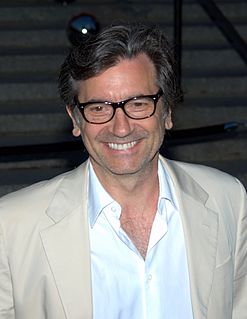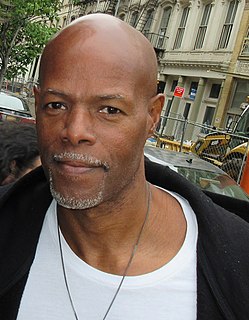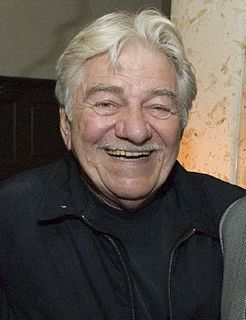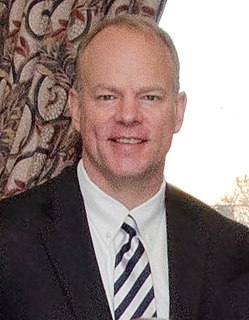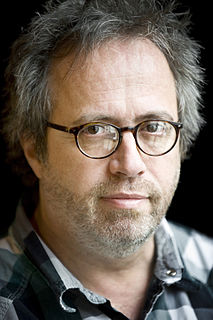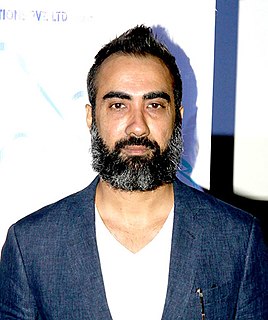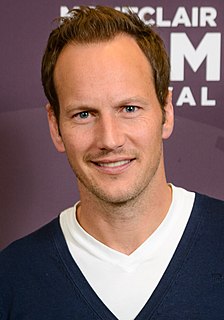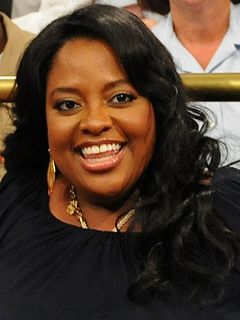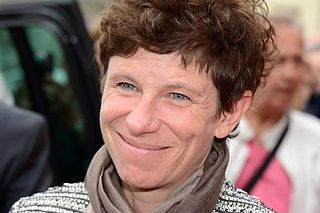A Quote by Griffin Dunne
And I like being able to go back and forth, and I don't really care if it's a small budget or big budget or studio or independent, as long as it's got a story that's compelling and there's enough money to make the picture.
Related Quotes
I don't know what the misconceptions are, but I approach a small budget, artsy, independent movie in the same way as a big budget, commercial Hollywood movie. I don't get into those [details]. I have to get into my character and I concentrate on that, on the story, on researching, and on certain training if I have to be prepared physically. I think that's the most important thing.
When you're younger you don't care so much, but as you get older you have a family and stuff like that. But I've always kept my foot in theatre and I've kept my foot in independent film, so I'm really happy going back and forth. So, if I can't find the meaty roles in studio films, then I'll go back and dig up a little independent where I can flex my muscles a little bit.
I love the entire process of being on the set and being able to create a character. It's so much fun. In 'Think Like a Man,' I have a very small part. They told me it wasn't a big budget, but I don't care about any of that. I'll do it for free simply because I love being on the set with other creative people.
When you raise the budget, you make creative compromises. The higher the budget goes, the more cuts in your movie happen. When people talk about how movies are watered down, that's a direct reflection of money and budget. The less money you spend; the more risks you can take. That doesn't mean it will be successful, but at least you can try different stuff. The higher your budget is, the less you can do that.
I do like working on independent films where it is a smaller budget and less pressure. The pace is also quicker than that of a big budget film. You are shooting at a fairly fast pace. Sitting around for three or four days can be quite draining. So I guess in terms of film or television, I would say filming an independent feature.
